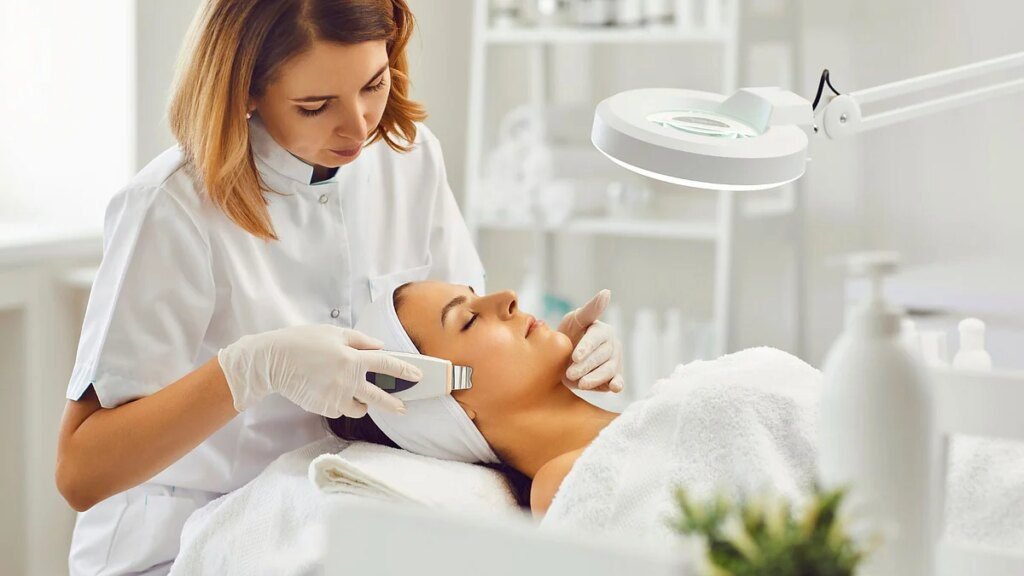Understanding Pigmentation and Uneven Skin Tone: Expert Insights and Treatment Options for Indian Skin
Uneven skin tone and pigmentation are persistent concerns for many, especially among individuals with Indian skin. If you’ve been trying to tackle pigmentation issues with a myriad of skincare products without success, you’re not alone. But what really works? Are fancy creams the answer, or should you consider medical treatments? To shed light on this topic, we consulted Dr. Gagan Raina, Medical & Clinical Director at Arisia Skin Clinic.
What Causes Pigmentation?
Pigmentation refers to the discoloration of the skin, manifesting as dark spots or uneven patches. The causes can range from:
- Sun Exposure: Prolonged UV exposure can lead to tanning and dark spots.
- Hormonal Changes: Fluctuations in hormones can trigger pigmentation issues.
- Acne Scars: Past breakouts can leave lasting marks that darken skin.
- Pollution: Environmental stressors can damage skin and exacerbate pigmentation.
Dr. Raina emphasizes that Indian skin is more likely to face pigmentation challenges due to its higher melanin content, which makes it prone to discoloration despite its richness in tone.
Treatment Options for Pigmentation
Cosmetic Treatments
For mild to moderate pigmentation, cosmetic treatments are often the first line of defense. These are typically non-invasive and require no prescription:
-
Topical Skincare Products:
- Look for creams and serums with Vitamin C, niacinamide, kojic acid, and licorice extract, which help brighten and fade dark spots.
- Exfoliating Acids (such as AHAs and BHAs): These acids aid in removing dead skin cells, promoting new cell growth. Consistent use is key for visible improvements.
-
Chemical Peels:
- Mild peels using glycolic or lactic acid can exfoliate the skin, reducing pigmentation and enhancing brightness. Available at salons and clinics, these peels are generally safe for Indian skin.
- Facials & Brightening Treatments:
- Glow facials can offer a temporary boost but may not address pigmentation in-depth, resulting in fleeting effects.
Medical Treatments
For stubborn pigmentation that might be linked to deeper skin concerns or hormonal issues, medical treatments might be more effective:
-
Prescription Creams:
- Stronger creams containing hydroquinone, retinoids, or mild steroids can significantly reduce pigmentation. Caution is advised to avoid skin irritation.
-
Medium to Deep Chemical Peels:
- Treatments like TCA can penetrate deeper into the skin, targeting tough dark spots but may require downtime for recovery.
-
Laser Treatments:
- Lasers such as the Q-switched Nd:YAG focus on deep pigmentation, requiring multiple sessions for optimal results but can be on the pricier side.
- Microneedling:
- This technique stimulates collagen production and promotes natural healing, gradually fading acne scars and pigmentation.
The Importance of Sun Protection
Regardless of the treatment you choose, consistent sun protection is essential. Dr. Raina highlights, “Wearing sunscreen daily and maintaining a gentle skincare routine can prevent pigmentation from worsening and support treatment outcomes.”
Your Personalized Approach
Addressing pigmentation is a journey that requires patience and a tailored strategy. It’s strongly recommended to consult a dermatologist for personalized advice. A professional can help determine the most suitable treatment plan tailored for your skin type, effectively restoring an even, natural glow.
Conclusion
Uneven skin tone and pigmentation can be a source of frustration, but effective solutions are available. From cosmetic products to advanced medical treatments, understanding the options empowers you to make informed decisions for your skincare journey. Remember to prioritize sun protection to maintain your skin health and clarity.
For more insights on skincare and pigmentation, visit reputable sources like Healthline and Dermatology Times.
By prioritizing your skin’s health and choosing the right methods, you can embark on the path to achieving an even skin tone with confidence.


